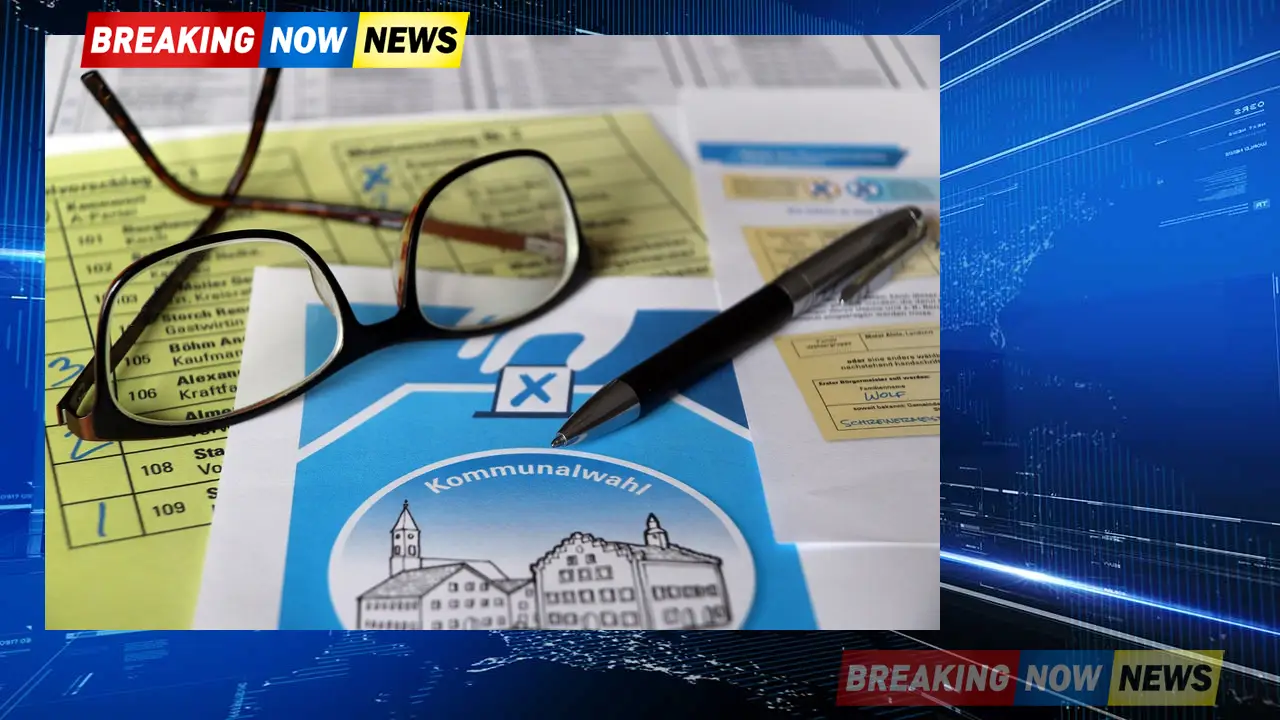Municipal Elections on Hold: What You Need to Know About the Cancellation
In a surprising turn of events, several municipal elections have been canceled due to a lack of challengers. This development has raised eyebrows and sparked discussions about the state of local governance. Here’s what’s happening, why it matters, and what it could mean for the future of your community.
Understanding the Cancellation
The decision to cancel elections is not one that is taken lightly. Here are some key points to consider:
- Low Candidate Turnout: A significant factor in this cancellation is the insufficient number of candidates stepping forward to challenge incumbents.
- Implications for Democracy: The absence of competition raises questions about voter engagement and interest in local governance.
- Future of Local Leadership: With fewer elections, the opportunity for new ideas and perspectives to enter the political arena diminishes.
Why Are Candidates Not Stepping Up?
Several factors may contribute to this trend of low candidate participation:
- Political Apathy: Many citizens feel disillusioned with the political process, leading to a lack of motivation to run for office.
- Incumbent Advantage: Long-standing officeholders often have established connections and resources that deter potential challengers.
- Community Issues: Locals might feel that pressing issues in their communities are not being addressed, leading to a sense of futility in running for office.
The Bigger Picture
The cancellation of these elections is not just a procedural issue; it reflects broader trends in civic engagement and electoral participation. Here’s what this might mean for the community:
- Stagnation in Local Governance: A lack of fresh ideas and perspectives can lead to stagnation in addressing community needs.
- Voter Disenfranchisement: Citizens may feel their voices are not being heard, which can further decrease participation in future elections.
- Opportunity for Change: This situation presents an opportunity for local leaders and organizations to engage the community and encourage more candidates to step forward in future elections.
Looking Ahead
As communities grapple with the implications of these cancellations, it’s crucial to foster dialogue about the importance of local elections. Encouraging participation and engagement can help revitalize interest in local governance and ensure that diverse voices are represented.
What do you think?
- Should there be incentives for people to run for local office?
- Do you believe that the current political climate is discouraging potential candidates?
- How can communities better engage citizens to participate in local governance?
- Is the lack of challengers a sign of broader issues within our political system?
- What role do you think social media plays in shaping candidate participation?
It’s time to discuss these pressing issues and explore solutions that can lead to a more robust democratic process in our communities.




Comments
Leave a Reply